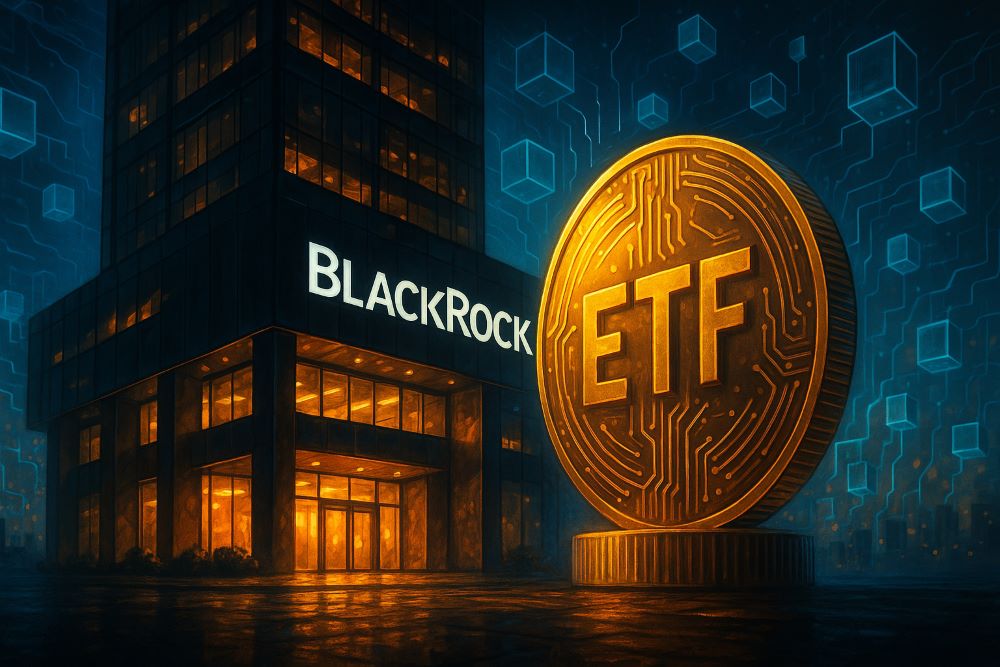BlackRock is reportedly exploring the potential for tokenization of ETF products, including equity-based ones.
According to Bloomberg, the primary goal is to bring these traditional investment instruments directly to the blockchain network, while still awaiting regulatory approval.
BlackRock envisions ETFs trading 24/7 with new digital roles
This idea emerged after their successful launch of a Bitcoin ETF, which rocked global financial markets. Now, BlackRock sees ETFs as a potential testbed for creating a more flexible trading model.
Just imagine, ETFs, which are typically tied to stock exchange hours, could be traded around the clock, even 24 hours a day. Furthermore, investors worldwide would have broader access without the hassle of waiting for specific market openings.
Furthermore, there are also plans for ETF tokens to function as collateral in the crypto ecosystem. This means that assets previously rigid in the traditional financial world could potentially gain a new role in the digital world.
This would not only simplify trading but also open up integration paths with DeFi protocols.
BlackRock itself already has a track record in this area. They launched BUIDL, a tokenized money market fund linked to assets such as US government bonds, repo funds, and cash equivalents.
BUIDL currently manages over $2 billion, a figure that demonstrates that interest in tokenized products exists and is growing.
Regulatory and technical hurdles stand in the way of tokenized ETFs
However, the path to a tokenized ETF is clearly not as smooth as imagined. Regulation is a major stumbling block. ETF tokens are almost certainly categorized as securities, so regulations regarding investor protection, taxation, and legal compliance will be a major challenge.
Furthermore, each country has a different regulatory framework. Therefore, when this product is marketed globally, cross-jurisdictional coordination challenges are inevitable.
Another issue arises from the technical side. Blockchain does offer efficiency, but without robust infrastructure, this idea could be hampered.
Liquidity, interoperability between networks, and system security will be crucial in determining whether a tokenized ETF can truly function as intended. Investors will be discouraged if the asset is difficult to trade or even prone to security vulnerabilities.
However, BlackRock’s move is still seen as a serious signal. The company, which has long been a benchmark for the global financial industry, is clearly not throwing out ideas haphazardly.
In fact, many analysts believe this initiative could be the starting point for a new era where the lines between traditional and crypto markets are increasingly blurred.

